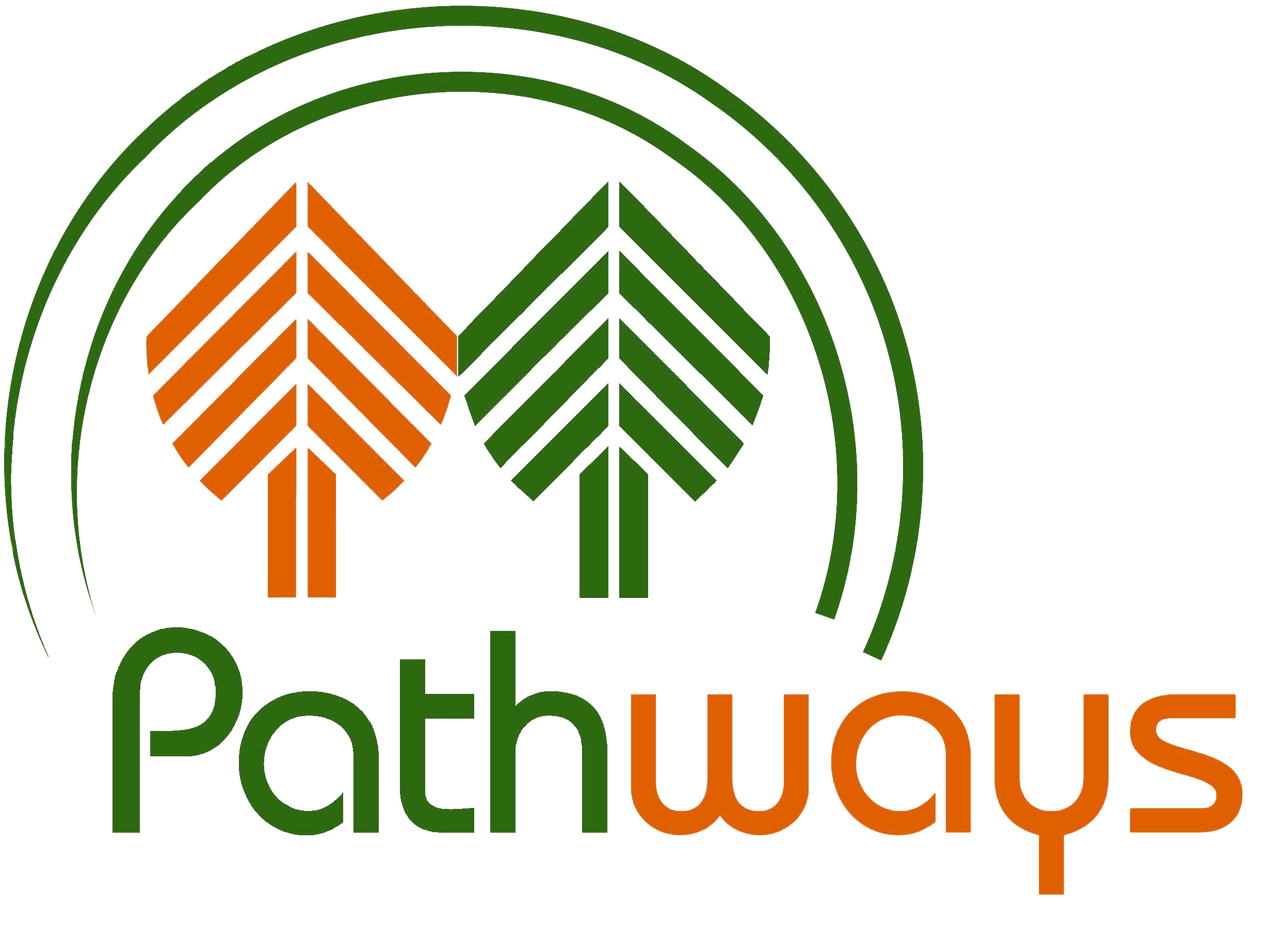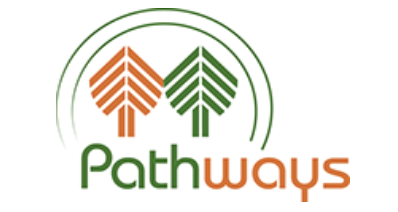Eating disorders are complex mental health conditions that impact millions of individuals worldwide. They can affect people of all ages, genders, and backgrounds, often leading to severe physical and emotional consequences. Recognizing the signs, understanding the risks, and seeking early intervention are crucial steps in addressing these disorders.
What Are Eating Disorders?
Eating disorders are serious illnesses characterized by unhealthy eating habits and an intense focus on weight and body shape. The most common types include:
- Anorexia Nervosa – Marked by extreme food restriction, excessive weight loss, and an intense fear of gaining weight.
- Bulimia Nervosa – Characterized by cycles of binge eating followed by purging through vomiting, excessive exercise, or the use of laxatives.
- Binge-Eating Disorder – Involves recurrent episodes of eating large quantities of food without purging, often leading to feelings of guilt and distress.
- Avoidant/Restrictive Food Intake Disorder (ARFID) – A condition where individuals restrict their food intake due to sensory sensitivities, fear of choking, or lack of interest in eating.
These disorders can have severe physical consequences, including heart problems, digestive issues, weakened bones, and even life-threatening complications.

The Importance of Eating Disorders Awareness Week
Eating Disorders Awareness Week (EDAW) is an annual campaign dedicated to raising awareness, educating the public, and reducing the stigma surrounding eating disorders. This week serves as an opportunity to:
- Promote Early Intervention: Recognizing the signs of eating disorders early can lead to better treatment outcomes.
- Educate the Public: Understanding that eating disorders are not just about food but are deeply rooted in mental health can encourage compassion and support.
- Encourage Open Conversations: Creating a safe space for individuals to share their experiences can help in breaking the silence and fostering recovery.
- Support Research and Treatment: Raising awareness can lead to increased funding and resources for those in need of professional help.
How You Can Get Involved
- Spread Awareness: Share educational resources, personal stories, and professional insights on social media using hashtags like #EDAW and #EatingDisordersAwareness.
- Attend Events: Participate in local or virtual workshops, seminars, and support group meetings focused on eating disorder education.
- Support Someone in Recovery: If you know someone struggling, offer encouragement and help them access professional support.
- Prioritize Your Own Mental Health: Understanding body positivity and practicing self-compassion can foster a healthier relationship with food and body image.

Seeking Help and Support
If you or a loved one is struggling with an eating disorder, professional help is available. At Pathways, we provide compassionate, evidence-based care to support individuals on their journey to recovery. Our team of professionals offers tailored treatment options, including therapy, nutritional guidance, and support groups.
This Eating Disorders Awareness Week, let’s work together to break the stigma, spread knowledge, and support those who need it most. You are not alone—help is available.
In Kentucky, organizations like Pathways are dedicated to supporting the mental health needs of adolescents and their families. We provide counseling, educational programs, and other resources to help young people thrive. If you or someone you know is struggling, contact Pathways for guidance and support. Together, we can help the next generation navigate life’s challenges with resilience and confidence.



Recent Comments